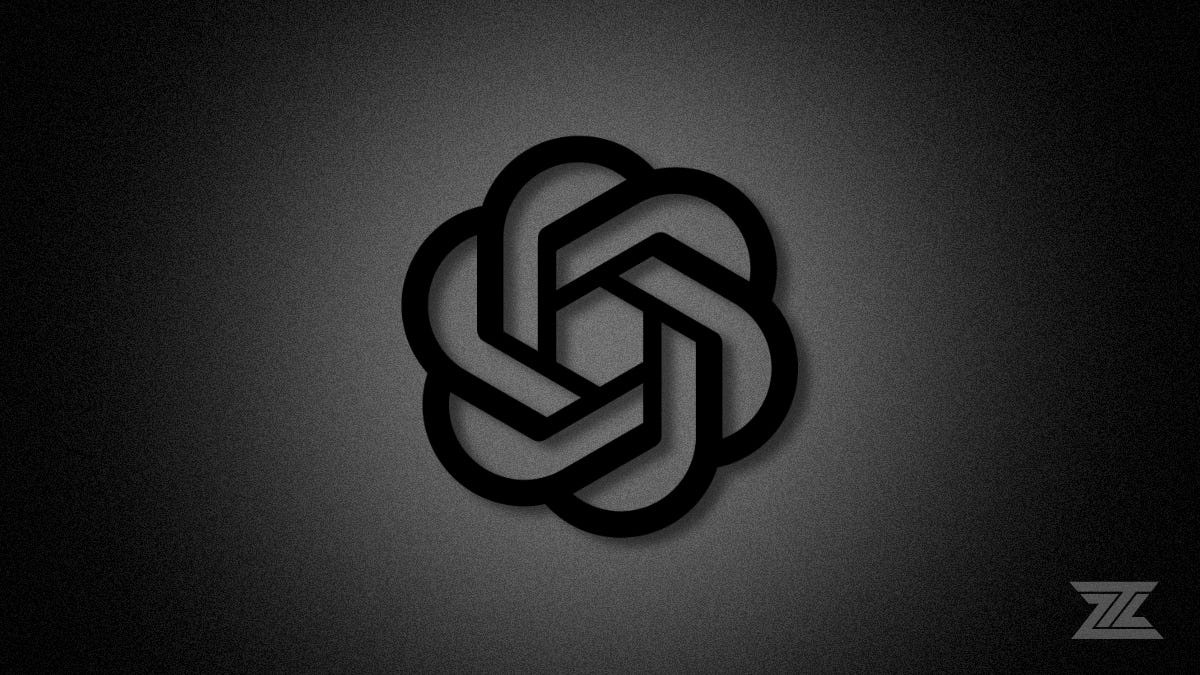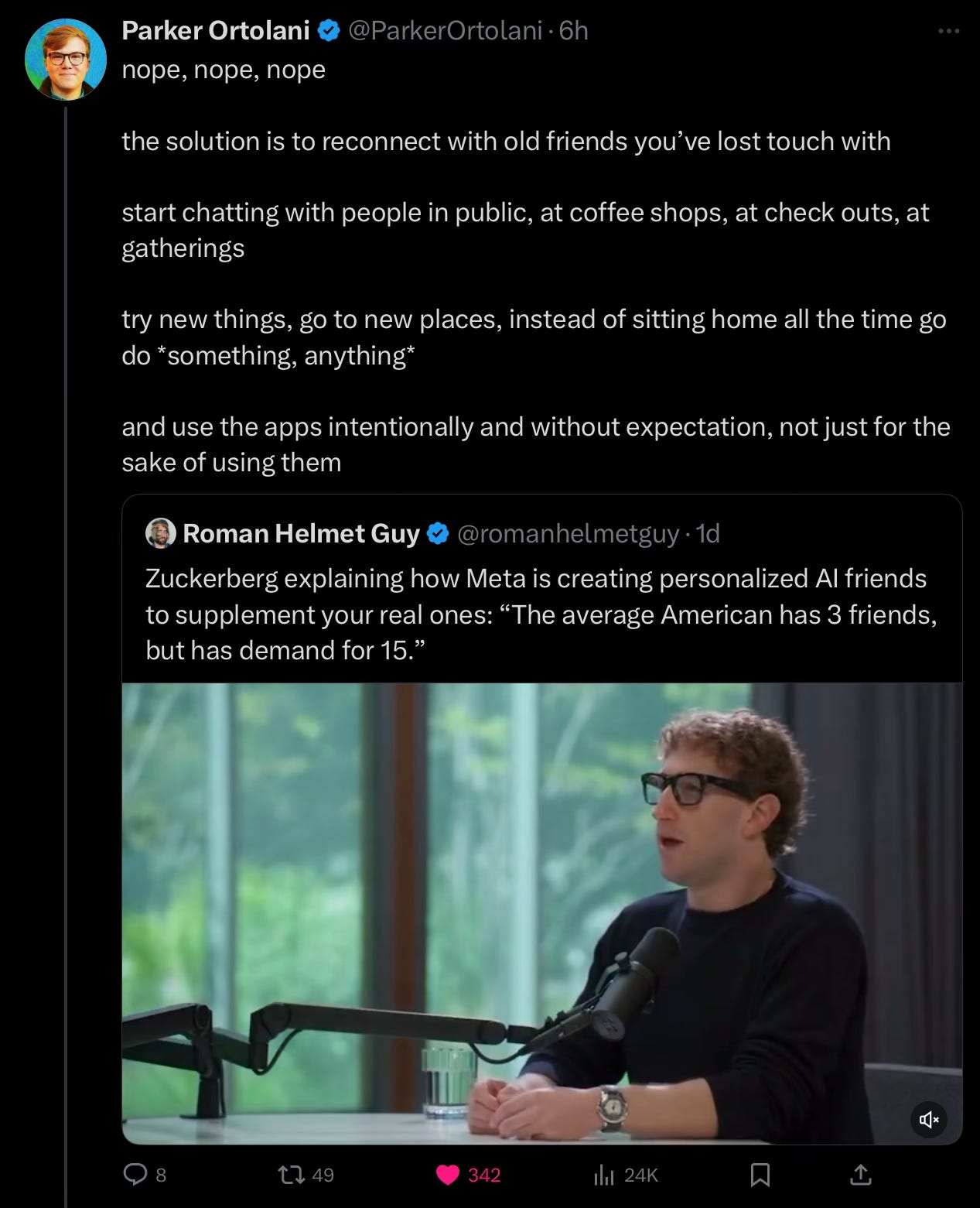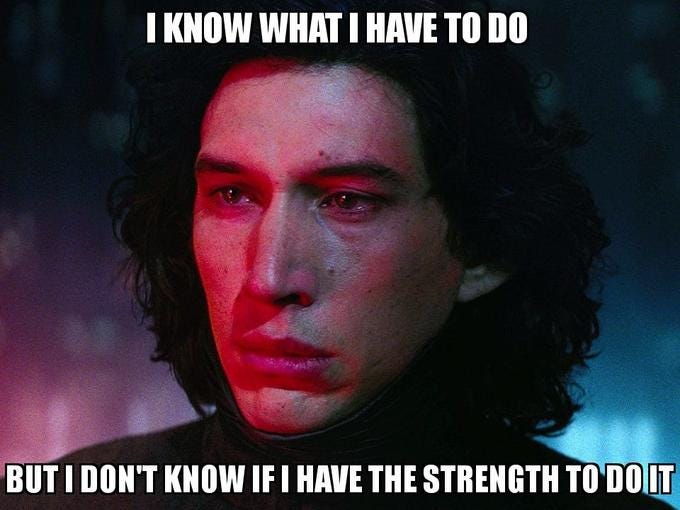Tech Was Great Until AI Ruined It, and Now This Is the Only Way Out
Tech innovation moves at a breakneck pace, and although developments in hardware and software have slowed over the years, generative AI continues to pick up steam. At this rate, we’re on track to reach artificial superintelligence (ASI) in just 5-10 years. As AI companies aggressively aim to hook users into their ecosystems, I’m learning that the only way to stop them is to do something extreme. There’s only one option, and none of us are going to like it.
I was always thankful that I got to grow up during one of the most exciting times in the tech race. I was in grade school when Google launched. I got to see pivotal products hit the market for the first time, like iPod, iPhone, and Android. I was there for the rise of social media and everything after that. I’ve loved the journey, too, watching products, services, and operating systems evolve over time. I still love it...which is why it pains me to see what’s become of the tech I adored.
What We Had Was Magic
There was a time when the products we rely on now were all shiny and new. The smartphone race was vibrant as a whole range of companies battled it out for bragging rights, and not just the big players you know today. Sure, we always had Apple and Samsung, but back then, LG was on fire, HTC made some of the prettiest Android phones on the planet, Motorola was still a whole company, as was Nokia and BlackBerry. Titan OEMs were all on their game, vying for a chance to be in your pocket (kind of like the AI companies are doing today).
Operating systems were equally as exciting, as Apple and Google pushed each other to make the best versions of iOS and Android possible. For a moment, Windows even dipped their toes into the fray (RIP). Then we had the tablet race, sparked to life by iPad, followed by the notebook race with the emergence of Chromebooks. And on and on.
Everything was fresh, and new, and fun. It truly felt like anything could happen. It was the good old days of tech, if you will. Everything back then felt like magic, because at the time, we’d never seen any of it before. Multitouch displays had never been so smooth. Computers had never fit in the palm of our hands. The cloud was the first time any of us created a document on one device and picked it up on another. We were watching the future unfold in real time, and it was good. Really good.
Things Aren’t the Same
But as time goes on, the things that once seemed shiny and new lost their luster. Sure, there are still hints of it from time to time, but for the most part, most of the products and platforms that we loved a decade ago have become stagnant. Every new iPhone is the same. Annual Android updates aren’t really that necessary anymore. Social media feels more like a dopamine-driven flood of influencers all competing for the top spot instead of a place to connect with people over shared interests.
Things just aren’t the same.
Maybe it’s my age; I’m no longer the young kid I was when I started following tech, so naturally the world doesn’t appear as saturated as it once did. Maybe it’s a sign of the times today; everywhere you look, someone is struggling mentally, physically, financially, or all the above. Times are tough.
I don’t know what’s behind it. All I know for sure is that for the first time in my life, I’m starting to feel like I’m not the target audience anymore. I’m reaching that age where tech’s leaving me behind. It’s not like with past generations, either, where maybe your grandparent didn’t understand smartphones or your parents don’t get VR/AR.
No, for the first time, tech innovation simply feels like it’s gone too far. The thing that made this most apparent was generative AI. 
AI: The Good, the Bad, and the Worst
There’s a ton that can be said about AI, both good and bad. When used responsibly, it’s an interesting tool that can help improve productivity, streamline research, and even check your work for factual or grammatical errors. I love AI for these use cases, and I’ve been trying to sprinkle it into my workflow more often — never to create on my behalf but to doublecheck my work for errors. It’s like having my own private editor to bounce ideas around and catch little mistakes I miss.
When used nefariously, though, AI can be downright dangerous. From crafting clever deepfakes, to spreading false stories online, to impersonating people on social media, forums, and the workplace, even to extreme examples where AI can be weaponized to hurt people, AI in the hands of bad actors is a threat to a stable society. It would take nothing to spread lies about any given topic – politics, business, the stock market, you name it – and let it wash over the internet to create division and turmoil. It’s the most effective resource to instill propaganda and manipulate core beliefs/values that society has ever achieved, and there’s very little that any of us can do about it.
The Solution
The thing about AI is that we’re too far down the rabbit hole to turn back. You can’t put the genie back in the bottle once you let it out, and AI is everywhere now — in your favorite apps, at fast food restaurants, at your doctor’s office, everywhere. We can’t get rid of it. We can’t ignore it. We can’t even reject it. It’s in everything.
The only way out is the one thing Big Tech knows we’ll never do. We have to unplug it. That means turning off your phone, staying away from online spaces where AI runs rampant, and going back to the “good old days” of living your life without a digital footprint. We have to go through a digital detox and get away from this stuff for good.
Sound appealing? Well, it’s easier said than done, and Big Tech knows it.
As much as I would love to leave my phone behind for a day, I just can’t do it. It’s part of me. I’m addicted to this device in my hand and everything it offers — connection, entertainment, a place to spill my ideas on a blank canvas like this one here. It’s integral to modern life, and for this reason, Big Tech has us. They know that we can’t unplug AI because we can’t leave our devices behind. So they’ll keep installing it into more applications and forcing it in front of us until we have no choice but to accept it as part of our daily lives. That’s why so many AI companies are jockeying for supremacy right now — OpenAI, Anthropic, Microsoft, Google. All of them want to rule your digital life.
Only a few questions remain: Which AI will have the most influence over you? Do you trust one of the AI brands more than the others? Are you willing to hold onto that trust for the long haul, even as they gobble up more and more of your data to fatten their service and their wallets? Or do you do the impossible and unplug?
You might not have to choose today, but one day soon, you will. And if you wait too long, AI just might make the choice for you.





